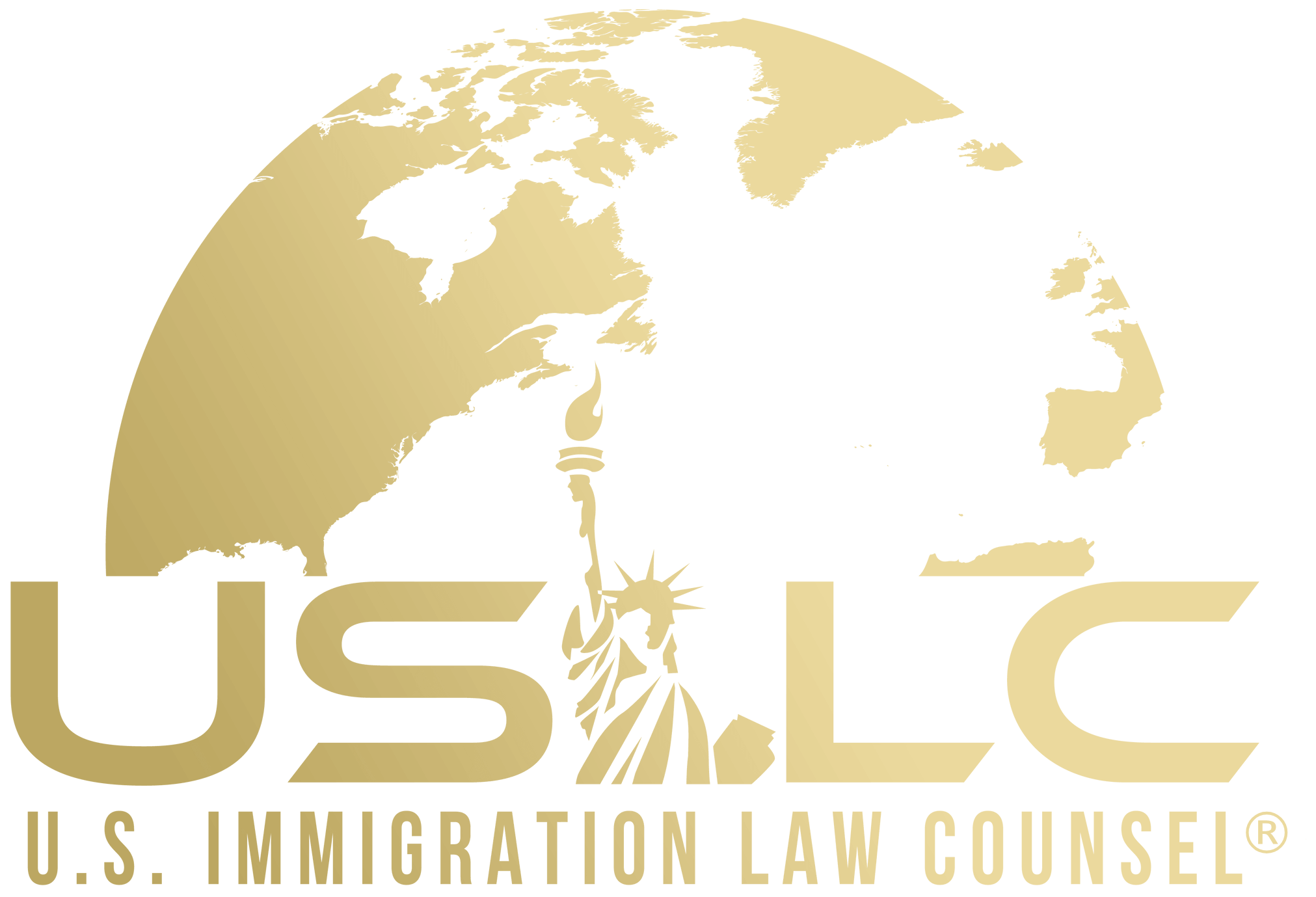After a four-month break, federal immigration authorities have resumed fast processing of some visa requests by foreign high-tech workers, the government announced Monday.
So-called expediting of H-1B visa applications, in which the government guarantees a decision within 15 days in return for a $1,225 processing fee, will resume immediately for applicants who plan to work at American universities or research organizations.
The change is more an esoteric tweak of regulations than a major shift in policy, activists on both sides of immigration policy agreed, and probably will affect only a few thousand immigrants bound for jobs across the United States.
The Trump administration had suspended expediting H-1B processing in March, shortly after taking office, in what pro-immigration forces labeled an attack on foreign workers and anti-immigration activists said was the closure of a major loophole.
The difference of opinion revolved around an oddity of the H-1B law, which caps the visas (overwhelmingly used by computer programmers and other high-tech workers) at 85,000 — and awards them all at once in a drawing on April 1. Because about 60 percent of the H-1B applicants asked for expedited processing, it meant the government had two weeks to investigate more than 55,000 applicants.
“Mostly what they were doing was rubber-stamping,” said John Miano, an attorney and co-author of Sold Out, a 2015 book harshly critical of the visa program. Doing away with expedited applications, he said, would give the government time to make at least cursory investigations of the applicants.
Many immigration supporters, on the other hand, suspected that the suspension of the expedited visas was the first step in a crackdown on H-1Bs. But in June, the government once again offered quick action on visas for doctors, who aren’t covered by the 85,000 cap. And now it has resumed fast-tracking visas for workers at colleges and research institutions, which also are not included under the cap.
The government was apparently just trying to get over the biggest hump in the applications before going back to expedited processing, said Coral Gables immigration attorney Nicole Alvarez. But she cautioned against viewing the new rule as a relaxation of the Trump administration’s vow for tougher immigration requirements.
“This doesn’t affect many people,” she said. “And they can always take it back tomorrow.”





